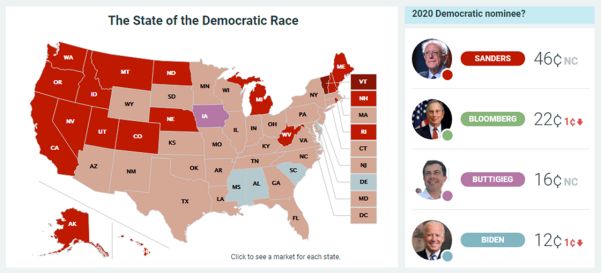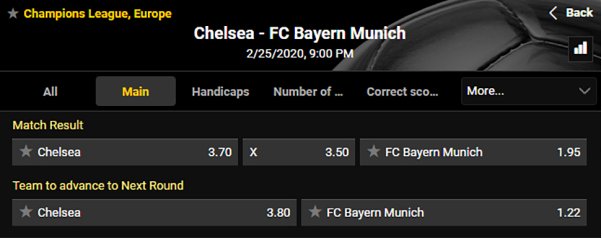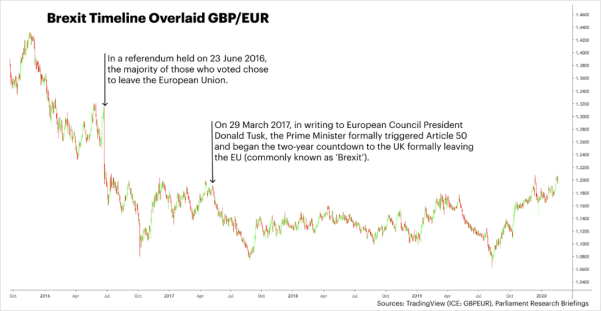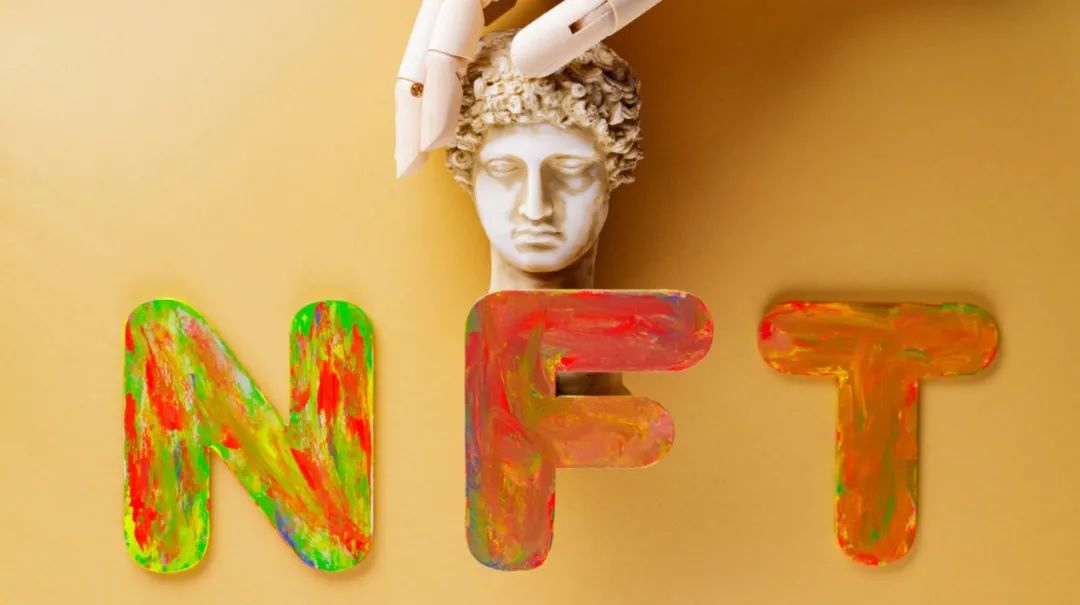Research | Interpreting the Prediction Market: Why is "stacking" important?
Source: Crypto Valley Live
Author: Hasu
Translation: Lisa
Markets are places where people can exchange goods and services. Even if all participants consider only their own interests, price discovery still enables the market to effectively allocate resources to the most valuable uses in society.
- Reflections on the "Wei Union Deletion Event": the advantages of blockchain technology and the disadvantages of blockchain industry
- Defi Attack: Open Finance for Open Finance
- Perspectives | DeFi Insurance Design: Always Start with General Equilibrium and Reduce Systemic Arbitrage
The following example shows the speed and accuracy with which the market processes information. In 1986, the space shuttle Challenger exploded shortly after takeoff, killing all seven crew members. Two economists, Maloney and Mulherin, studied the stock market's response to the incident and found that it only took a few minutes for the market to identify Morton Thiokol, the supplier of rocket boosters, as a guilty party. (It took five months for the official government committee to complete the move.)
In an efficient market, prices reflect all available information. Therefore, market prices have strong predictive power. We can confirm this by observing the opposite: if someone has the information that a particular event will significantly deviate from the current view of the market, he can use that information to trade until the opportunity disappears. Because of this forecasting ability, more and more people consult the market price and hold a "nonsense" view of the possibility of future events.
Forecast market
The combination of appreciation of the market mechanism and the wisdom of the masses has led to the concept of the predictive market (PM). In the prediction market, users can buy and sell contracts that are determined based on the results of real-world events. All contracts are binary in nature, which means they either resolve to 100% (for example, a particular event occurred) or 0% (not to occur). They usually use a $ 1 contract size, so the market price of a particular stock can easily be interpreted as the likelihood that that particular stock will get a return.

source: PredictIt.org
In this example on the PredictIt website, the market believes that Bernie Sanders' chance of becoming a Democratic nominee is 46 cents, or 46%. Traders who believe that the actual probability is higher or lower can buy "yes" or "no" stocks to earn the difference between the market price and the actual value of the contract.

Source: bwin.com
A more popular but less cited form of PM is the sports betting market, where participants place binary bets on the outcome of sports events. In this case, bwin displays the odds in decimal format, which shows the odds of a successful bet. Based on the above odds, a successful bet on Chelsea was $ 3.70 for a $ 1 and a draw of $ 3.50, while a victory against Munich was $ 1.95. These expenditures translate into 27%, 29%, and 51% probability distributions, respectively.
It is no accident that these mapping results exceed 100% due to bwin's profit margin. On the other hand, PredictIt deducts a 10% fee from any resolved bets and charges the user another 5% withdrawal fee.
The mechanisms by which these markets can accurately predict the outcome of real-world events are always the same: the uncoordinated behavior of market participants, everyone is using their own private information to make a profit, which may lead to the emergence of information that they do not each have.
Market predictions for world peace?
If we can predict more market information about real-world events, this information will enable some economists and futurists to anticipate more "efficient" social decisions. This ideal culmination is "futarchy", a form of governance that makes decisions based on the outcome of such predictive markets. But if they are really so effective, why are they unpopular in the real world?
Proponents of market predictions quickly raised questions about government regulation, but a simpler explanation is that punters are simply not interested in most outcomes. The market does not exist to make accurate price predictions. Instead, these predictions are based on external enthusiasm for market activity, not the goals of the participants themselves. If market participants are motivated by predictions, they should just wait and watch other people's trades, rather than make expensive trades themselves.
My impression is that most people who verbally support the generalized forecasting market point of view are from the perspective of a market observer, not from the perspective of a bettor. They want to benefit from positive external factors (market prices) without giving up any returns. However, they have forgotten that the reason why the market can make accurate predictions is that the participants are considering their own interests, not to please economists and market observers.
How prices are formed
To understand why most markets never see any meaningful liquidity, you need to understand how markets work effectively. In order for prices to reflect available information, two things need to be done. First, someone needs to dig out private information about a real-world event. Second, this person needs to bet on his private information.
The act of obtaining information and the act of holding positions (paying fees and locking funds for a long time) have huge real costs. Unless the bettor is compensated, no bets will be placed and the price will not change. It also means that no information is priced.
Profit-driven market participants must discover new information and take action based on their motivations to come from somewhere. Usually, it comes from market participants who are willing to bet at a lower price than the fair market price.
There are many reasonable reasons to pay for liquidity. In the example of sports betting, users may feel that betting on their favorite team can enhance their viewing experience and are willing to take a small loss for it. In financial markets, the opposite is the so-called "noise traders", who buy and sell without any reason to trade. Both poker games are fish, and there is no game without fish.
A commercially valid use case is the transfer of risk. For example, wheat producers are natural sellers of wheat futures to hedge the risk of falling prices. These wheat futures may be bought by wheat industrial consumers who want to hedge against rising prices. In many cases, the gaming market allows risk to be transferred from market participants who are unwilling to take risks to market participants who are willing to take risks.
In either case, there are parties that create a platform that attracts professional bookmakers and provides liquidity overlay.
Overlay
It is futile to count on natural superpositions in markets that lack natural liquidity. This may be because participants have no business reason for buying or selling risk, or because they are not willing to take risks. This has largely limited market forecasts in today's highly mobile markets: sports, finance, and politics. Even those events that should have helped predict the market, punters often have other options for better profits. For example, a bettor who may think that Brexit will happen could have been shorting the pound against the euro in the foreign exchange market.

A few months before the Brexit referendum, market participants bet on Brexit, which caused the pound to fall against the euro.
However, all of this may not be lost, as we can borrow some mechanisms from other systems such as poker. In poker games, everyone has some private information (their hole cards), and they can bet their hand strength relative to others. However, if you change the rules of the game (called blinds and bets) by canceling all players' forced bets before the game starts, then the correct strategy for each player will not work, which is exactly what we are doing today Forecast the results seen in the market.
In fact, poker happens because there is already an overlay that makes future bets profitable. So some players will start to say "I bet $ 10 with you, I will win the $ 10 pot", and then another player may say "Continue. I also have good cards. I bet $ 20 with you, "Bet me win this $ 20 pot" and so on.
Overlays are also used to guide poker tournaments because people generally don't want to participate in games that lack mobility. Initially, the event organizers will stand up and guarantee a minimum prize pool, such as $ 100,000. Suddenly, early betting is no longer a bad thing. In fact, the fewer players betting, the more profitable it is to join. So more and more players join until the overlay no longer works.
In the current iteration of the prediction market, the mechanism of intentional superposition is missing. To channel liquidity, they must reward those involved in investing.
in conclusion
If prediction markets are to survive, they need to recognize that all markets need an overlay in the form of a) commercially viable use cases, or b) similar to the "fish" in poker games. Most markets will never, because most people do not show a tendency to bet on events other than sports, finance, and politics, which is unlikely to change.
As a result, they can optimize for markets that have proven effective, in which case they will find that competition in these markets is fierce and entrenched and optimized for specific types of markets (such as sports betting) to provide the most Great experience.
Or they insist on creating a more general market (mainly serving market observers and economists, not actual bettors). In this case, they may need to start paying wagers on artificial stacks, just like early liquidity providers in poker tournament rewards. Information pricing is expensive and someone must pay for it.
We will continue to update Blocking; if you have any questions or suggestions, please contact us!
Was this article helpful?
93 out of 132 found this helpful
Related articles
- On the road to industry, how does a decentralized blockchain replace the centralized Internet?
- Viewpoint | Blockchain is the only way to realize the digital economy in cyberspace
- Weekly | FCoin incident continues to ferment, 12 listed companies disclose blockchain business
- Viewpoint | What is the first principle of decentralization of blockchain?
- Interpretation of the Central Bank's "Technical Specifications for Financial Distributed Ledgers"
- Protocol Lab's latest keynote: Internet pioneers are talking about distributed networks
- Data privacy black hole under the new crown epidemic: industrial crux needs to be solved by blockchain






